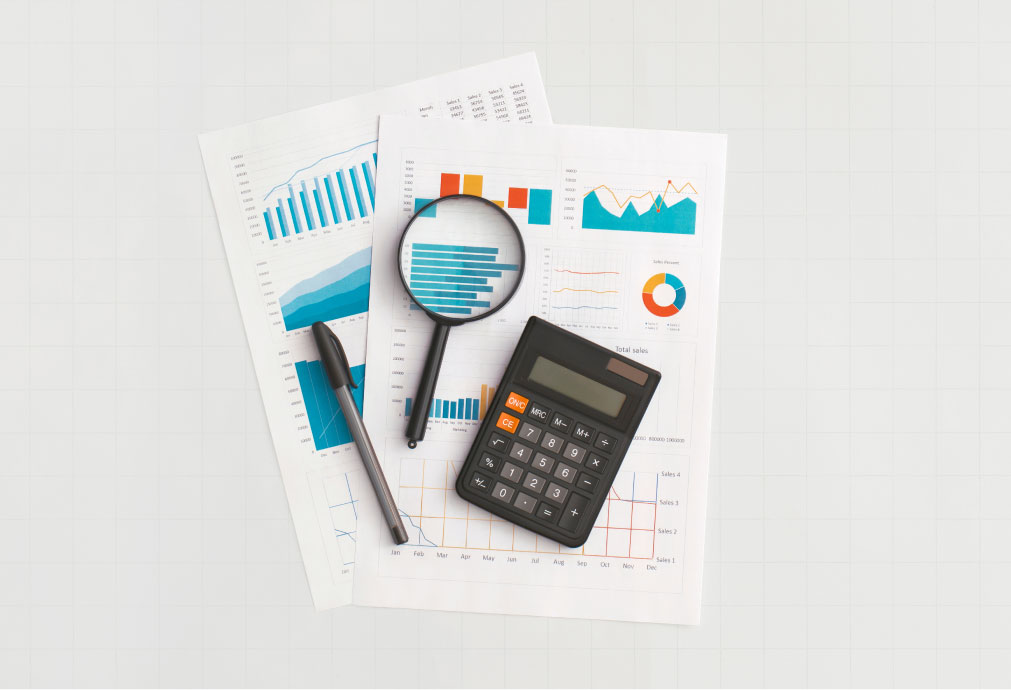Although delivery services bring more convenience to daily life, scams and data leaks have made users anxious. Reports of security breaches in apps, duplicate payments, and fake tracking links grab attention, but none of this means that orders should be abandoned. With the necessary precautions taken, it is possible to enjoy this comfort with peace of mind.
Knowing the main risks is essential to maintain an active stance. So, following simple measures, such as avoiding conversations with the establishment outside official channels and regularly updating payment information, can make all the difference in preventing losses,” comments Vinícius Valle, Marketing Coordinator at Gaudium, a company specializing in technology for mobility and delivery.
With that in mind, Valle shares some information to protect yourself from scams, whether in the most popular apps or direct orders to restaurants. Check it out:
Data Leakage
Delivery apps store sensitive information such as address, phone number, and payment data, making them frequent targets of cyber attacks. Therefore, users should take security measures, with the main one being the creation of strong and unique passwords for each service.
In addition, avoiding storing sensitive information directly in apps and opting for more secure payment methods, such as virtual cards or systems with multi-factor authentication, reduces the risks of exposure and data theft.
Fake Tracking Links
Scammers may send fraudulent messages in separate SMS or WhatsApp conversations to deceive users and direct them to malicious websites, aiming to steal personal data. These messages often simulate order or offer notifications, containing links that lead to fake pages, where criminals try to obtain passwords and banking information.
Vinícius warns that delivery apps usually do not send links via messages. “To ensure security, it is recommended that consumers track their orders exclusively through official apps or company websites, avoiding accessing links received from unsolicited messages,” he says.
Unauthorized Charges
Another common scam involves the unauthorized charging of extra fees. In this case, malicious delivery drivers request additional payments for various reasons, such as unexpected fees, order adjustments, or issues with app payments.
To avoid fraud, users should never make transfers or extra payments without first confirming the legitimacy of the request directly with the platform’s support. “This verification can be done through the app’s official channels, such as chat, phone, or email, ensuring that any charges are correct and authorized. Applying this security measure ensures a more reliable experience when using the service,” concludes Vinícius Valle.







